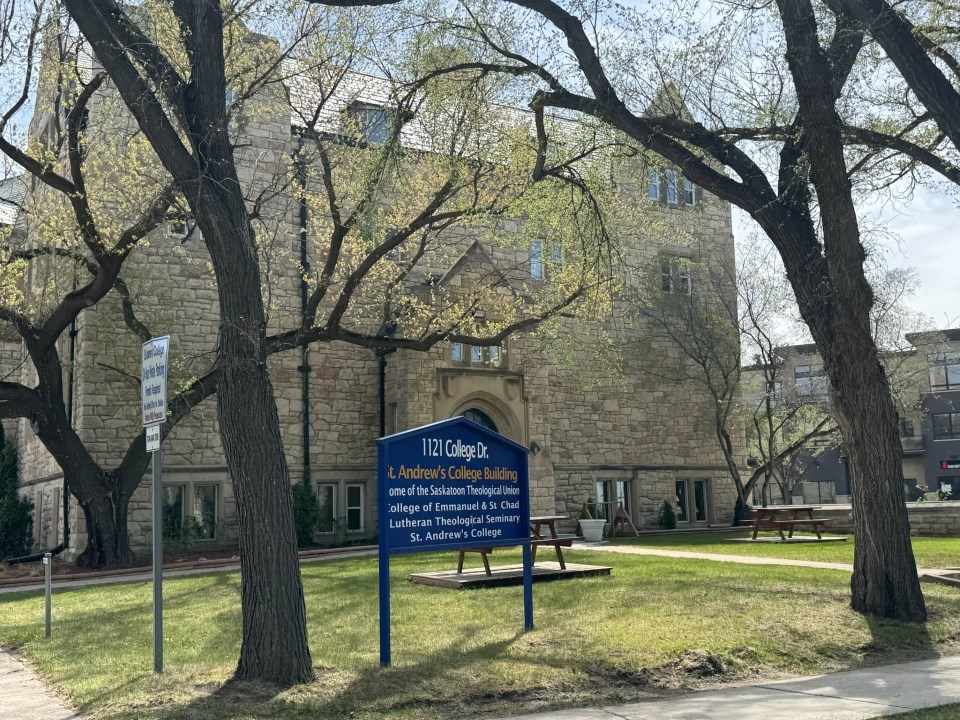SASKATOON — Saskatoon Tribal Council Chief Mark Arcand expressed dismay after learning that the University of Saskatchewan chose to demolish the Lutheran Theological Seminary, instead of accepting their proposal to turn it into a dormitory for Indigenous students studying at one of the province’s learning institutions.
USask campus operations associate vice-president Wade Epp told Â鶹´«Ã½AV that they held several information sessions on the state of the building with those who submitted EOIs on the facility. Arcand attended the meetings, as the STC hoped their EOI would receive a positive response.
“At the end of the [EOI] submissions past that deadline, while we were reviewing, two members of our board of governors did meet with the Saskatoon Tribal Council and what are called the Friends of 114 to listen to their ideas and what was being put forward. The meeting was to hear their proposals. There wasn't a decision at that time,” said Epp.
“After careful consideration of what was submitted and an analysis of the [EOIs] that were provided, none met the financial viability to proceed with what was being proposed. So, the board made the difficult decision to proceed with demolition.”
The Friends of 114 is a volunteer group comprising architects, planning professionals and cultural heritage advocates dedicated to preserving historic buildings and landmarks.
Arcand said various partners supported their EOI, which focused on turning the seminary into Indigenous student housing and a centre. If the project were to proceed, the facility would have had 55 beds, offering some services from the emergency wellness centre, a House Mother to support the students, and an Indigenous library.
“We have funding available to do this. The architect believes the structure was fully sound. We had $2 million in grant funding available to support that. We believe we had a good proposal. I'm disappointed in the University of Saskatchewan, the president [Peter Stoicheff], after I had my discussion with him beforehand, saying we're putting in an [EOI],” said Arcand.
“This is the second time we've asked the university for student housing, and this is the second time we've been rejected. We focus on Indigenous people living on campus under Indigenous-led support. That is so heartbreaking when they're supposed to be a champion of Truth and Reconciliation, and that's not happening.”
He added that the Lutheran community is supporting their project, and he was disheartened that the city will lose a heritage site. He expressed disappointment that the university board made the wrong decision to demolish the seminary building.
Epp, however, said the university has plans for the property once the building is demolished, adding that they support Arcand’s proposal for Indigenous student housing and a centre.
“The idea presented by the STC for further student housing is something we wanted to continue exploring, just not at that building. Part of the overall campus core master plan, it would be intended to return that [seminary building] to its original state,” said Epp.
“For the use of our students, our staff, our faculty. Utilizing that as green space ties in nicely with their connection to the Meewasin Valley Authority, potentially forming part of the space that the MVA is considering for an Urban National Park.”
He added that they are working on the demolition schedule, which could start this month. “There's a significant amount of asbestos abatement that has to occur as part of that demolition, and that's what they'll be working towards here in May,” Epp said.




